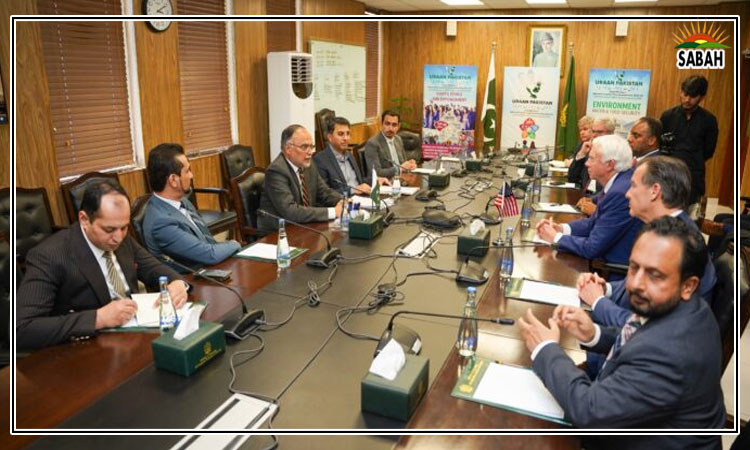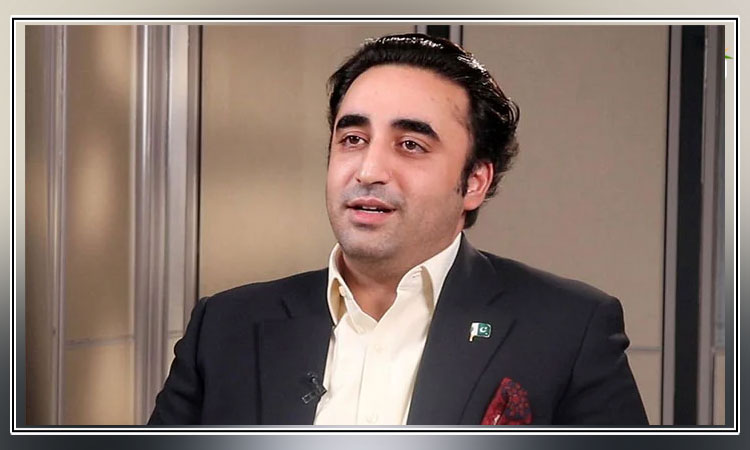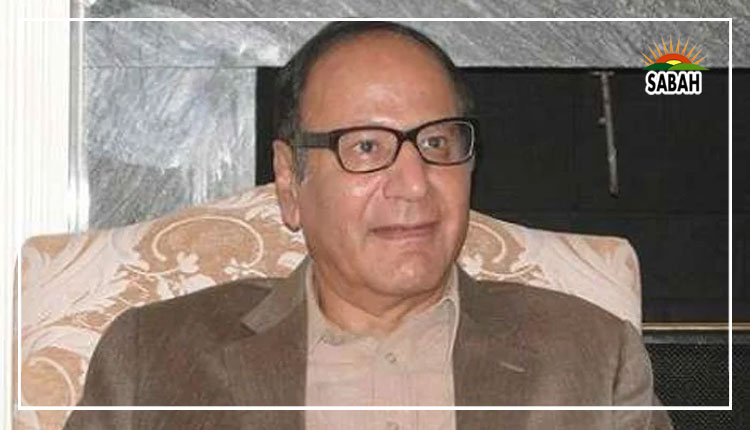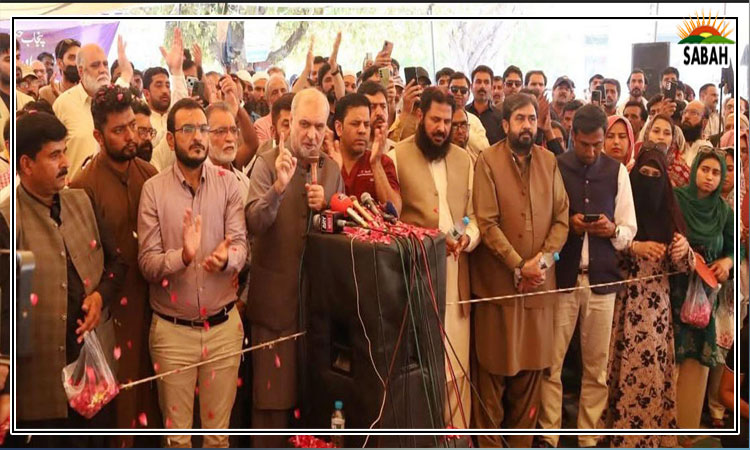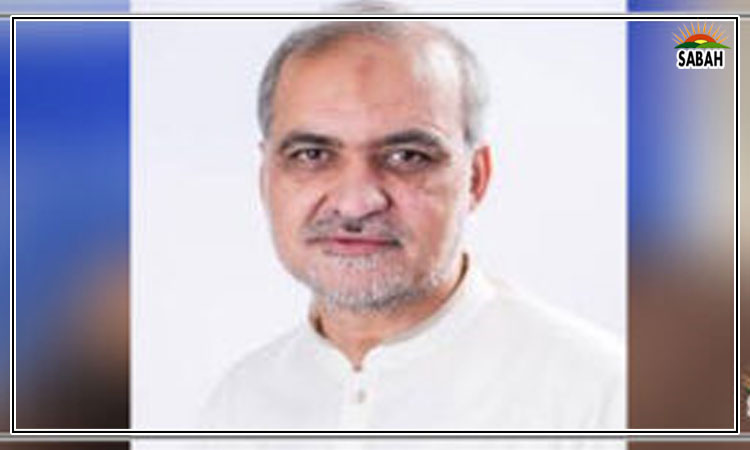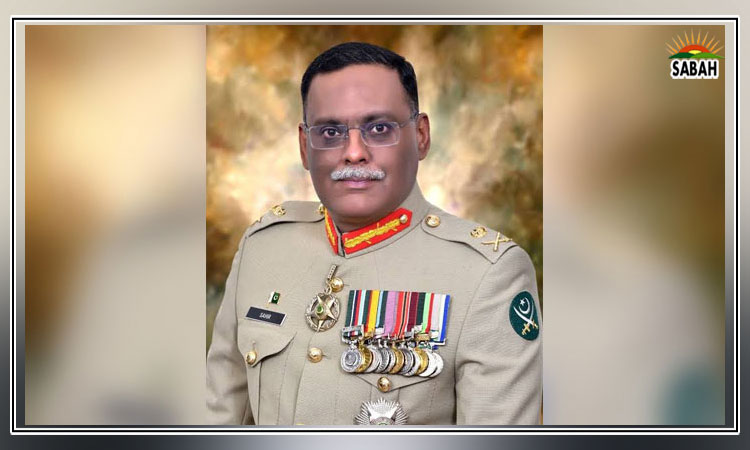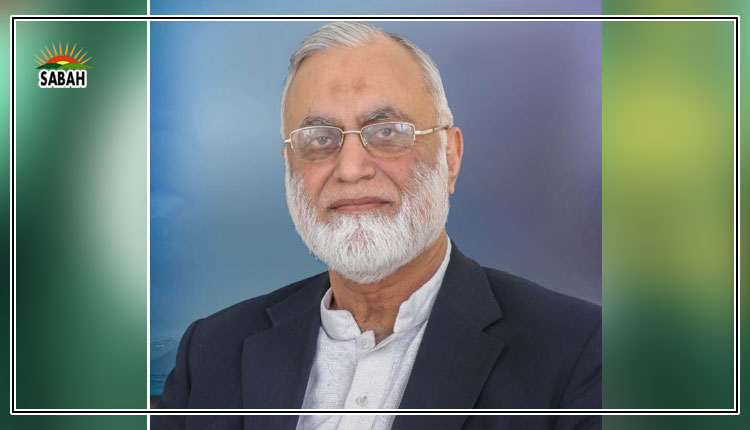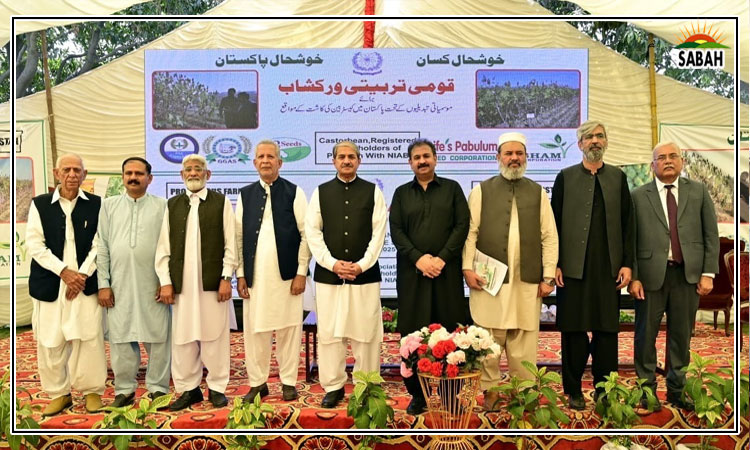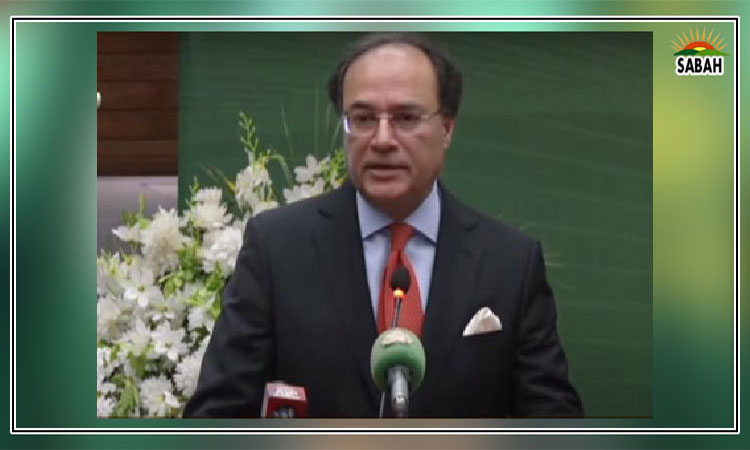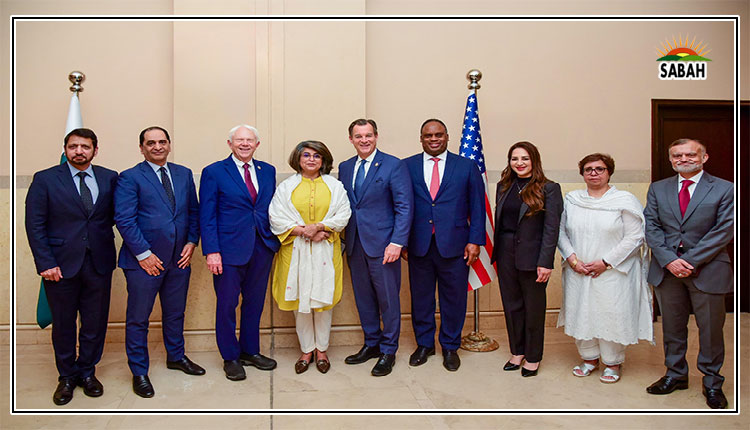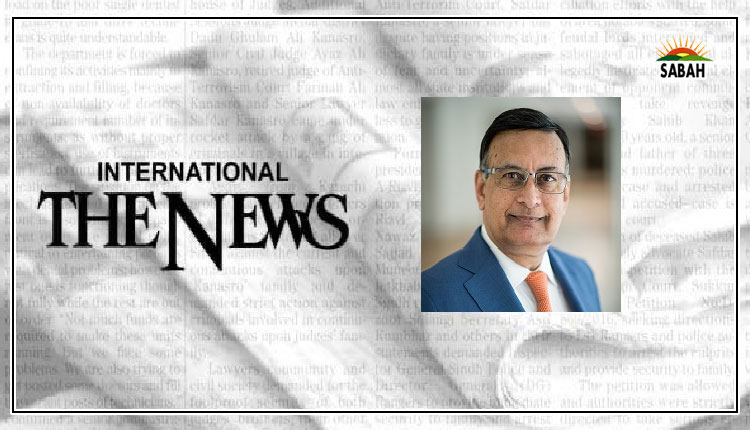Grand national bargain, anyone? …Husain Haqqani
Pakistan is dangerously polarized. Pakistanis are divided between supporters and opponents of a charismatic leader deemed a messiah by his followers and a scary demagogue by his detractors. There are other critical divisions within society as well, not least of which is the divide between those seeking civilian supremacy and those more accepting of an expanded role for the military.
The last time the country witnessed similar polarization was in 1977. Then, after the March 1977 general election, opponents of the incumbent prime minister, Zulfikar Ali Bhutto, took to the streets to demand his resignation amid assertions of election rigging. These protests escalated into a violent campaign for an Islamic government, which in turn led to the imposition of martial law by General Ziaul Haq.
General Zia built upon the demands in the street for ‘Nizam-e-Mustafa’ to rule the country for the next ten years, claiming that he was Islamizing the country’s legal and political system. But it was his initial two or three years in power that might offer a key to understanding how political irreconciliation can actually lead to greater authoritarian control. After the street violence by the Pakistan National Alliance (PNA) had brought the country to a standstill for months, Zia argued that Pakistan needed breathing space without politics. In other words, the military was managing affairs of the state as a stop-gap arrangement so that the overheated political space could cool down.
Much has changed in Pakistan since 1977, of course. Some might argue that what worked 46 years ago cannot work again. The media and social media environments are vastly different today, as is the national view of the military’s role as the final arbiter of the country’s destiny. But it is important to remember that chaos and polarization are not effective tools for keeping the military out of politics. If anything, the failure of civilian institutions to function, for whatever reason, and the inability of politicians to compromise, paves the way for a greater not lesser military role in politics.
To state that polarization threatens democracy, even as it might add to a single politician’s popularity, is not the same as deeming the breakdown of democracy as desirable. But it is important to remind everyone of the old maxim that describes democracy as a system wherein ‘the majority has its way, and the minority gets its say.’ If the majority has a tendency to be intolerant of the minority’s right to have its say, as has often been the case in Pakistan, half of democracy’s essence is denied. Once the minority figures out a way to deny the majority’s right to have its way, the end of democracy arrives. Today, Pakistan seems to be witnessing both prongs of failure of democracy at work.
Democracy requires a civil opposition as much as a government limited by norms and rules, and Pakistan currently has neither. The judiciary is unable to resolve disputes because it is also polarized and has become politicized over the decades. Past experience suggests that recent developments have, at best, prolonged hybrid rule or, at worst, paved the way for another extra-constitutional intervention. Either way, the prospect of full democracy has been indefinitely postponed due to the polarized environment.
As a political system, democracy functions best in an environment of compromise and mutual respect. It requires adherence to the ethic of sport. Many parties and individuals contend for popular support, the winners form the government, and the losers sit in opposition, but only until the next round. Unfortunately, Pakistani politics functions under the ethic of war. One side sets out to vanquish the other and losers are seen as having no rights.
Democratic contestation for power should involve securing votes on the basis of contending policy ideas, not just appealing to sentiments of an emotive people. If one side wants high taxes on the rich, for example, and the other seeks reduction in taxes across the board as a way of expanding economic activity, there is room for compromise and negotiation. But if political actors paint politics as a battle between good and evil, in which they represent good and the other side evil, then differences become irreconcilable.
The idea, drawn from religion, of political confrontation being a battle between Haq (eternal truth) and Baatil (eternal falsehood) in Pakistan’s political sphere has made compromise impossible and has contributed to the diminished democratic space. But the current march to catastrophe is not inevitable. A grand national bargain, involving all political forces and the all-powerful army, could strengthen constitutional democracy.
The bargain would involve some consensus on three crucial areas – economics, foreign relations, and national security –and agreement on political rules of the game. Politicians would have to accede to working with one another instead of looking for covert deals to undermine each other.
‘The honourable gentleman/lady from the other side’ would have to be the preferred mode of address within parliament, instead of ‘traitor,’ ‘crook,’ ‘thief,’ or ‘dacoit’ at rallies. Cooperation would have to replace confrontation and polarization. But will it happen soon enough to avoid the disaster that awaits Pakistani democracy?
The writer, former ambassador of Pakistan to the US, is Diplomat-in-Residence at the Anwar Gargash Diplomatic Academy in Abu Dhabi and Senior Fellow at the Hudson Institute in Washington DC.


